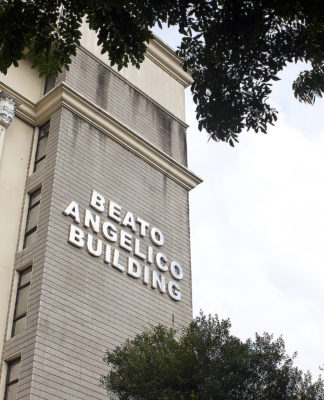April 23, 2016, 1:15a.m. – THE UNIVERSITY has to create an environment where “internationalization begins at home,” an Australian university official said in a lecture last April 22.
Pro Vice-Chancellor Winnie Eley of the University of Newcastle Australia explained how an “enabling culture” was crucial to achieving successful international relations.
“If culture eats strategy for breakfast, you will have a very strong, robust international strategy. But if your culture is not there to enable you to achieve your strategy, culture eats your strategy for breakfast, lunch and dinner,” Eley told participants of a two-day seminar on internationalization at the Buenaventura G. Paredes, O.P. Building.
This means institutions should start with the “journey” from the classroom to the environment students would be exposed to. Institutions should “think of it (journey) from the students’ eyes,” Eley said.
UST has 110 partnerships with universities in 25 countries and five continents, according to the University website. South Korea topped the list with 14, followed by the United States (12) and Japan (11).
Faculty of Arts and Letters Dean Michael Anthony Vasco said there should be a balance between the number and quality of memoranda of understanding (MOU) signed by the University. “We have to take note of the functional aspect of the MOU. Given 150 MOUs but only 10 percent are functional, it is not good. I would rather have 50 MOUs but those MOUs are active MOUs,” Vasco said.
In a recent interview with the Varsitarian, former rector Fr. Herminio Dagohoy, O.P. said internationalization was not just about student mobility, adding that UST won’t be able to internationalize without enough research output.
UST held the two-day seminar as part of efforts to lay down strategies for internationalization, identify target markets and present successful partnerships. Clarence I. Hormachuelos


















